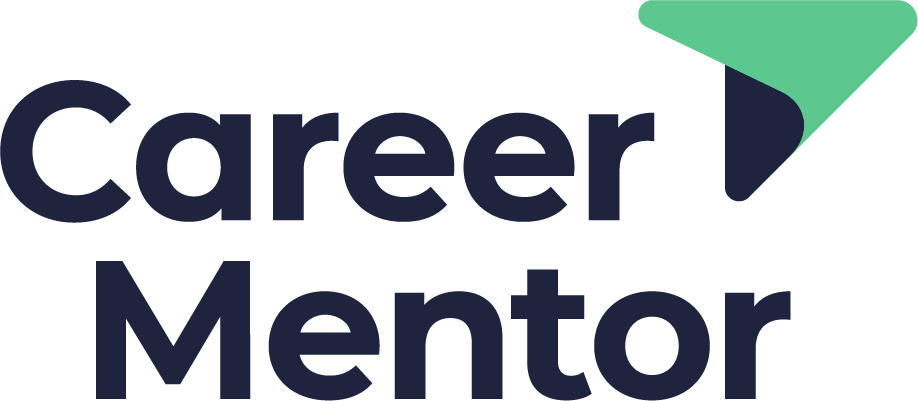Loss of Momentum Can Kill an Interview Process
Many of my coaching clients are both surprised and disappointed by the lack of prompt follow up in an interview process. A client recently said to me that lack of momentum can kill the process, which made me think: Why do firms not always move through the interview process at a reasonable pace and with a sense of intention? What can - if anything - candidates do to influence the process so that it moves more swiftly, whether or not they are eventually hired? Here are a few ideas that I hope will help.
Factors that may influence the speed and smoothness of a firm’s hiring process include:
Headcount and Budget. If the firm is conducting a formal interview process, then hopefully that headcount and budget has already been approved at the outset of the process. If that’s the case, great. The hire can happen without a hitch. However, things aren’t always so simple. When I was in Executive Search, I did an assignment and found two great candidates who the client wanted to hire. The client told me that he had to delay making an offer because he needed to get headcount approval (which he told me he’d had before we even started). Such was the delay that we lost the candidates who eventually went elsewhere.
Timing. Something else to consider is that there may be a limited time in which the hire must happen. This can be an advantage because the hiring team need to act before the window closes. On the other hand, if they miss it and the window shuts, then the hire won’t happen.
Political Will. The leadership team might not have agreed that there needs to be a hire and so there is a lack of drive to get it done.
Systems and Processes. Many firms will have developed systems and processes to ensure that their hiring is done in an effective manner. Whilst these can expedite things, sometimes the complexity of the system can in fact slow it down.
Size of the Business. Linked to the last point, it might be true that smaller firms are better at recruiting because they have shorter decision making chains and the managers can drive the process at a higher tempo.
Availability of Interviewers. The hiring manager driving the recruitment process will have a list of very specific people who the short-listed candidates must see. This is often the case both for approval and consensus building. If, however, those critical people are tied up on deals or traveling, there simply may be no space in their diaries for some weeks. This leads to an inevitable delay.
Change in Business Strategy. Should the firm be going through a re-think about its business strategy and priorities, then hiring will be put on hold, even if the process had been started.
Business Critical. Focus will be placed on roles that are deemed critical to the business and other gaps within the firm that are of less importance will have to wait their turn. Things change quickly so hiring for a role may be halted if a business critical role appears during the process.
So what, if anything, can you do about this if you are in a stagnant interview process with a particular firm?
First, I think it’s entirely reasonable for you to understand how their process works and where you currently stand within it. Asking questions such as these can help you gain some clarity:
Has headcount and budget been approved?
Where are you in the process:
At the beginning - screening candidates,
In the middle, or
Down to the last few on the short list?
How many candidates do you have in play for this position?
Who will I need to meet next?
What is the process from here?
Clearly, these can be asked in a gentle and diplomatic way.
Second, you can, if it’s the case, make it clear that you are in talks with some other firms, some of which are at a more advanced stage. Without leaning too hard on that, it might increase the sense of urgency, should they regard you as a lead candidate, driven by a sense of FOMO.
Finally, you might ask them if there is anything that you can prepare in advance - perhaps readying your references - so that there are no later admin or due dilligence hold ups. This will underline how serious and enthusiastic you are about the role and demonstrate your ability to anticipate next steps.
There is obviously a limit to how much you can influence the speed and momentum of the firm’s hiring process. I would offer that simply understanding why it has slowed or even ground to a halt can help you manage your emotions. This will help you decide how to best prioritise your job search activity.
What do you think? Is there anything that you would add? Please do add your thoughts in the comments.
Also, if you are in a job search process and think it would be helpful to have a chat - then do reach out. All my details and in the Contact Info section at the top of my LinkedIn Profile or you can arrange a call here.
